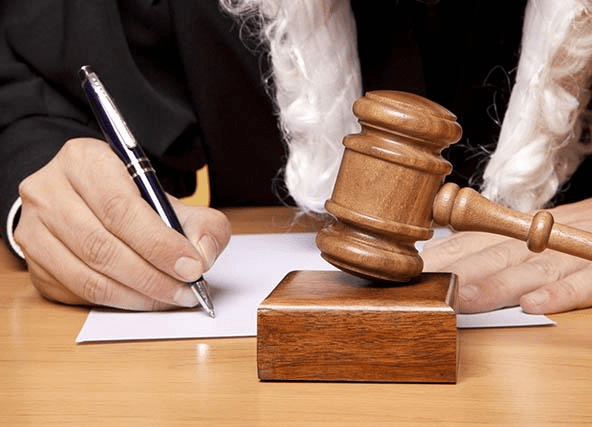Buying property in Thailand can be a smart lifestyle or investment move — but it’s not without risks. From fake documents to shady agents, here’s what to watch out for and how to protect yourself.
🔍 1. Work with a Reputable Lawyer
Never skip legal advice. A qualified Thai property lawyer can:
- Review contracts and translate them to English
- Check land title deeds (Chanote) for ownership and encumbrances
- Handle due diligence on the seller or developer
✅ Tip: Always use your own independent lawyer, not one recommended by the seller or agent.
🧾 2. Verify the Title Deed (Chanote)
There are several types of land title deeds in Thailand — only one gives you full ownership rights.
| Title Deed Type | Can Be Sold/Leased? | Can Be Built On? | Notes |
|---|---|---|---|
| Chanote | ✅ Yes | ✅ Yes | Full legal title (safest) |
| Nor Sor 3 Gor | ✅ Yes | ✅ Yes | Acceptable, but slower to transfer |
| Nor Sor 3 | ⚠️ Yes | ⚠️ Unclear | Needs survey before sale |
| Sor Kor 1 | ❌ No | ❌ No | Not for sale; risky |
🛑 Never buy land with no proper title or unclear status.
🏗️ 3. Be Careful with Off-Plan Projects
Many scams involve unfinished or non-existent developments. Before buying:
- Visit the physical site
- Check if the developer has a track record
- Review the building permit and EIA (Environmental Impact Assessment)
- Ensure there’s a fixed completion date in your contract with penalties for delay
🛑 Avoid paying 100% upfront — use a payment schedule tied to construction progress.
🤝 4. Use a Registered Real Estate Agent
Thailand doesn’t strictly regulate agents, so anyone can call themselves an agent.
✅ Look for agents who:
- Are members of TREBA or REBA-ES (reputable associations)
- Have a physical office and website
- Can show registration documents
🛑 Avoid agents who pressure you or offer deals that sound “too good to be true.”
🏦 5. Make Payments the Right Way
- Always transfer money directly to the seller’s bank account
- Keep receipts and a foreign exchange form (FET) if transferring over USD $50,000 for condo ownership
- Don’t hand over large sums in cash or cryptocurrency
✅ All payments should be documented in the sale and purchase agreement.
📝 6. Double-Check Lease Agreements
If you’re leasing land for 30 years:
- Make sure the lease is registered at the Land Office
- Include renewal options in writing
- Ensure you have building rights clearly defined in the contract
🛑 Unregistered leases are not enforceable in court.
⚠️ 7. Common Property Scams in Thailand
| Scam Type | What It Looks Like | How to Avoid |
|---|---|---|
| Fake title deeds | Forged or canceled documents | Verify at Land Office with your lawyer |
| Ghost projects | Ads for condos or villas that don’t exist | Visit the site + check permits |
| Unregistered agents | Freelancers with no credentials | Ask for references and licenses |
| Verbal promises only | “Don’t worry, we’ll register later” | Get everything in writing |
| Ownership via nominee | Buying in a Thai partner’s name | Avoid — illegal structures can be invalidated |
🔑 Final Tips
✅ Do:
- Hire your own lawyer
- Check title deeds and building permits
- Use safe payment methods
- Insist on proper contracts and receipts
🚫 Don’t:
- Buy without legal advice
- Trust verbal agreements
- Rush into deals because of “limited-time” offers
- Sign contracts you don’t understand




